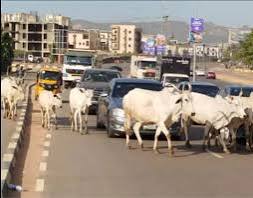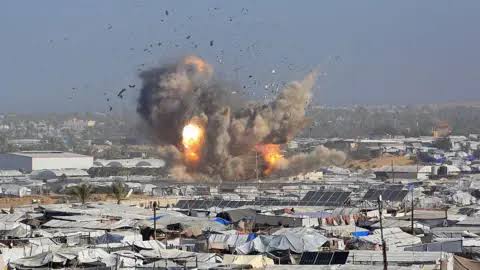FG Declares Total Ban on Open Grazing to Tackle Farmers‑Herders Crisis

In a decisive move on Tuesday, the Federal Government announced a nationwide prohibition on open grazing by cattle rearers, aiming to stem the tide of violent clashes between farmers and herders.
The declaration was made by the Minister of Livestock Development, Alhaji Mukhtar Maiha, during the inauguration of the first National Council on Livestock Development held in Yola, Adamawa State.
Maiha underscored the magnitude of the crisis, stressing that rampant open grazing has contributed to significant loss of lives, destruction of farmlands, and widespread displacement of communities.
He further emphasized that the government now regards open grazing as a capital offence, and strongly urged cattle owners to transition into ranching, which he described as safer, more profitable and more sustainable.
The newly formed National Council on Livestock Development—comprising livestock directors from all 36 states and the Federal Capital Territory—is tasked with overseeing the implementation of reforms across the livestock sector.
The council will also drive efforts to modernize cattle rearing, turning it into a key economic engine: according to Maiha, the livestock industry could become Nigeria’s second-largest revenue generator after oil, with projected earnings of $74 billion over the next five years and $14 billion already realized through ongoing initiatives.
This development comes in the context of mounting pressure to address the human cost of herder-farmer conflicts.
Data shows that these clashes have killed at least 2,800 people in the past five years, particularly in states such as Benue, Plateau, and Nasarawa. Local governments, like Ogun State, have long imposed penalties: herders there face three-year jail terms and potential forfeiture of their livestock under existing grazing regulation laws.
Security leaders have also backed the ban. The Chief of Army Staff previously called for a law prohibiting open grazing, advocating for the establishment of ranches and the involvement of every state in providing structured grazing alternatives.
Meanwhile, in Benue State, the Miyetti Allah Cattle Breeders Association (MACBAN) has publicly acknowledged that open grazing is no longer viable and expressed willingness to adopt alternative models for peacebuilding.
Still, the controversy remains intense. While the federal ban aligns with longstanding state-level anti-grazing laws and peace-building calls, past efforts—such as the proposed RUGA settlements—faced sharp criticism and resistance.
Implementing this new ban will require not just legal enforcement but also substantial investments in commercial ranches, infrastructure, and incentives to persuade nomadic herders to abandon open grazing for a more regulated system. Economic analysts warn that without a robust framework, the reform risks being undermined by weak enforcement or lack of buy-in from key stakeholders.
If successfully executed, the ban could mark a turning point in Nigeria’s decades-long struggle to reconcile the pastoral way of life with national security, food security, and economic modernization.









